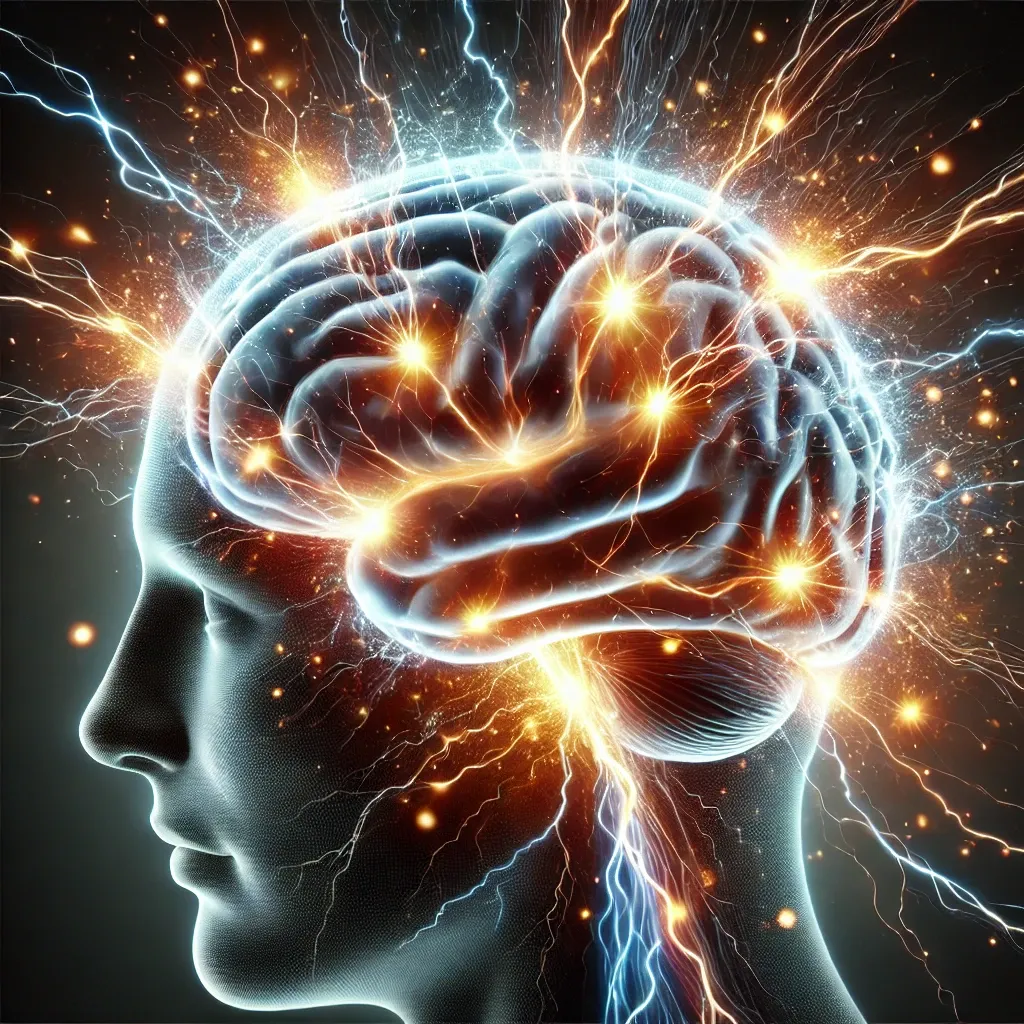Cognitive psychology is a fascinating field that explores how our minds work — how we think, remember, learn, and perceive the world. But what makes it even more interesting is when we dive into it from the perspective of a clinical psychologist. In this article, we’ll break down cognitive psychology, discuss its importance, and see how clinical psychologists use it to help people overcome challenges.
What is Cognitive Psychology?
Cognitive psychology is the study of mental processes. It’s all about understanding how people acquire, process, and store information. Whether you’re solving a puzzle, recalling a childhood memory, or making decisions about your future, you’re engaging in cognitive processes.
Why is Cognitive Psychology Important?
Ever wonder why you forget where you left your keys or why certain memories from years ago are crystal clear? Cognitive psychology helps explain these phenomena. It provides insight into how we process information, solve problems, and make decisions, shedding light on everyday behaviors that we might otherwise take for granted.
How Do Clinical Psychologists Use Cognitive Psychology?
Clinical psychologists tap into the principles of cognitive psychology to better understand their clients’ thought patterns. Whether someone is battling anxiety, depression, or trauma, their thought processes play a huge role in how they perceive and respond to life. Cognitive psychology helps psychologists assess these mental patterns and find ways to improve them.
Cognitive Behavioral Therapy (CBT) and Cognitive Psychology
One of the best-known applications of cognitive psychology in clinical settings is Cognitive Behavioral Therapy (CBT). CBT focuses on identifying negative thought patterns and replacing them with more positive, constructive ones. It’s like rewiring the brain to think more effectively.
The Role of Thought Patterns in Mental Health
Thought patterns play a massive role in mental health. Often, people facing psychological issues develop distorted thinking. They may catastrophize, assume the worst, or have persistent negative self-talk. Cognitive psychology helps in identifying these patterns and reshaping them into healthier, more realistic ones.
Memory and Cognitive Psychology
Memory is a central focus of cognitive psychology. Clinical psychologists often work with clients who struggle with trauma, and the way memories are processed and stored plays a crucial role. By exploring memory, clinical psychologists can help people overcome flashbacks, intrusive thoughts, or even dissociative amnesia.
Decision-Making and Problem-Solving in Therapy
We all face tough decisions. In therapy, a clinical psychologist may use cognitive psychology to help clients improve their decision-making skills. By understanding how someone’s brain processes information, they can offer strategies to approach problems more logically and with less emotional bias.
How Cognitive Psychology Explains Anxiety
Anxiety often stems from cognitive distortions — thought patterns that make situations seem worse than they are. Clinical psychologists use cognitive psychology to dissect these distortions and help clients see situations more clearly, reducing anxiety over time.
Attention and Focus in Cognitive Psychology
Ever find it hard to concentrate? Attention is another key aspect of cognitive psychology. Clinical psychologists can help individuals, especially those with ADHD or other attention-related disorders, improve their focus using techniques grounded in cognitive theory.
Perception and Its Role in Therapy
Perception is how we interpret the world around us. Sometimes, our perceptions can be skewed, leading to emotional distress or faulty conclusions about our lives. Cognitive psychology explores how we perceive events and people, and clinical psychologists can work with clients to adjust these perceptions when they’re unhelpful.
Learning Theories in Cognitive Psychology
Cognitive psychology also dives into how we learn. Clinical psychologists use this knowledge to guide their clients in learning new skills or coping mechanisms. For example, someone who struggles with anger might learn new ways to manage their emotions based on cognitive learning principles.
